The information age constantly ushers in new technology or updates older ones. Hospitals are on the cutting-edge of not only medical technology, but security tech as well. These facilities are home to several things: important personnel (doctors, nurses, etc.), vulnerable patients, medicine, expensive machines and even private medical records or personal information. Bearing that in mind, it is pertinent for hospitals to secure themselves from unauthorized access.
Security technology can come in many different forms such as cameras, detectors and biometrics. A specific type of biometric data is facial recognition, which uses information gathered from identifying faces in an image. Think of it as a fingerprint but in the form of an individual's face.
This would eliminate the pitfalls of older forms of access, like lock and key.
“It is funny how many times you walk into those [secured] areas and doors are just left open because not enough people have the keys,” says Terry Schulenburg, vice president of business development at CyberLink. “This then means people are constantly borrowing the keys from somebody to get into that area because they need access, and they forget to lock it up.”
Another problem of keys is the lack of personal accountability.
“So, there is so much going on through that process that using faces to verify who is doing this before you open it gives you a level of security," says Schulenburg. “It also gives you a level of accountability that you have never had before with the key. That is because I can steal the key, I can borrow the key, or I can duplicate the key. There are all kinds of things I can do with that key.”
Kyle Pfeiffer, healthcare industry solutions leader at SALTO Systems, echoes this sentiment as he says facial recognition technology also provides a higher level of security for buildings as credentials can get lost, stolen or misplaced. Stolen credentials could allow someone else to use their card, fab or wristband to gain access a few times before being caught.
Another benefit of the technology is making hospitals more efficient, according to Schulenburg. Instead of an employee needing to carry around various keys, cards or passes, facial recognition streamlines access to those who are authorized.
However, even with these benefits, the average person may have concerns over how secure facial recognition technology is in and of itself. Primarily, one concern is how accurate the software behind this technology is.
“What happens is we hear too many negative things in the media and in the world of people being misidentified,” says Schulenburg. “Now you must understand, five years ago, the software was not that good. We did not have artificial intelligence (AI) or to do artificial intelligence we needed a whole room of computers. Well, now we are doing AI in on our personal computers. So, using AI by partnering that and meshing that with facial recognition, we can get incredibly accurate results.”
Another concern is how this data and information are used outside of authorizing employee access. Schulenburg says this information is also used for things like directing lost/wandering patients or keeping unruly or even violent visitors out of the hospital. He adds this is done on a hospital-to-hospital basis, as there is not one large database containing all this recorded information.
Facial recognition technology is nothing new, however, newer developments like AI help improve and move it forward. Those also help make this technology more secure and accurate than it was in the past. Security is paramount to running any healthcare facility, not just hospitals. This technology just adds another layer of protection and vetting to these critical environments.
Jeff Wardon, Jr. is the assistant editor for the facilities market.
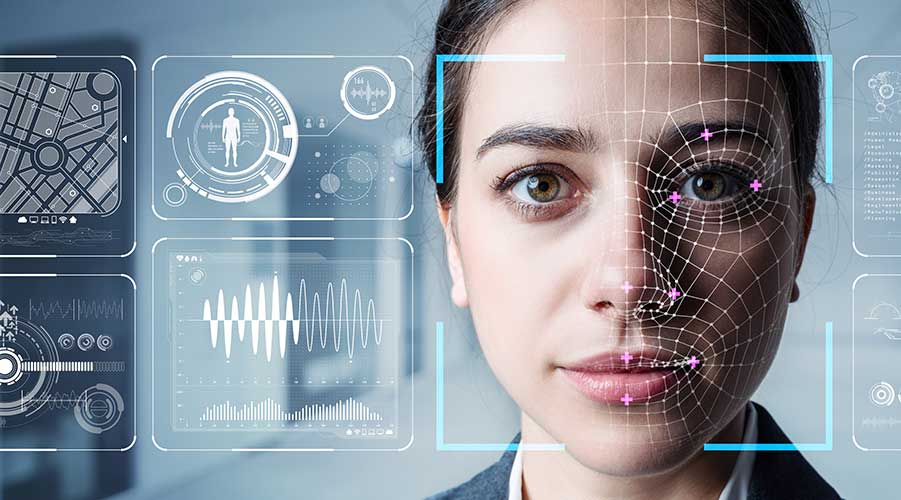
 Building Envelopes Emerge As Key Facility Components
Building Envelopes Emerge As Key Facility Components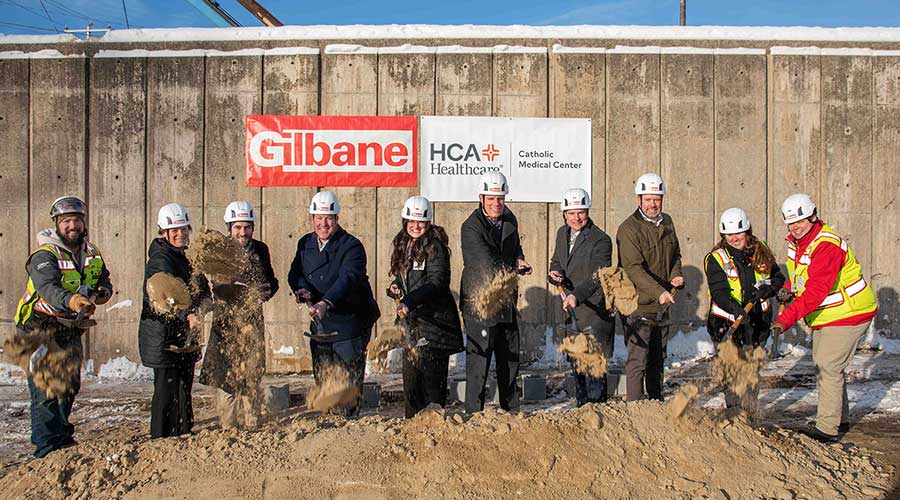 Catholic Medical Center Breaks Ground on New Central Energy Plant
Catholic Medical Center Breaks Ground on New Central Energy Plant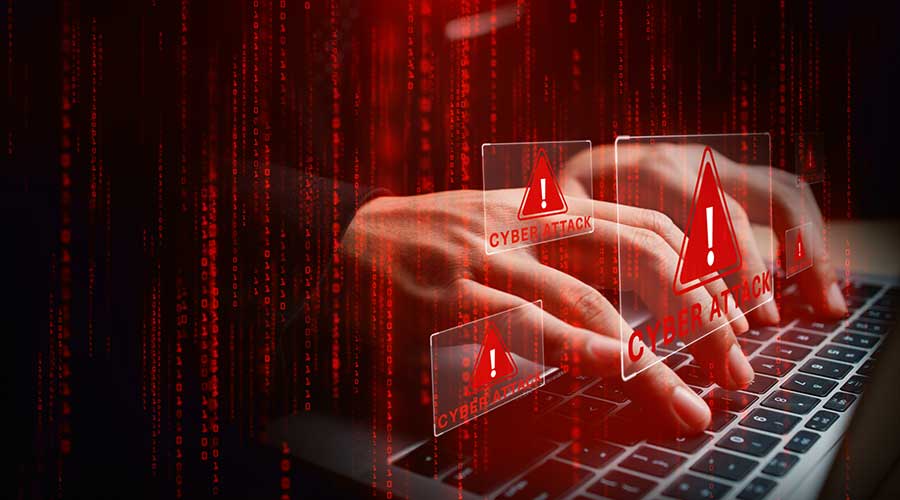 Cottage Hospital Ensnared in Data Breach
Cottage Hospital Ensnared in Data Breach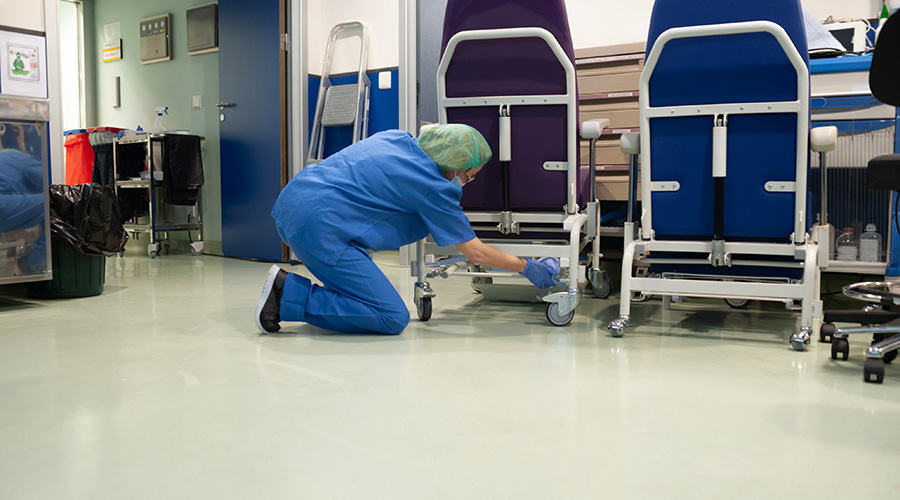 Biofilm 'Life Raft' Changes C. Auris Risk
Biofilm 'Life Raft' Changes C. Auris Risk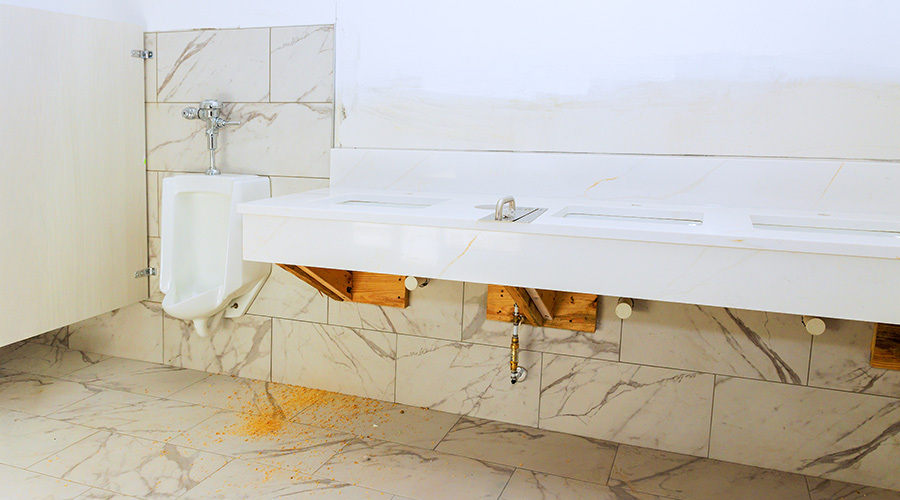 How Healthcare Restrooms Are Rethinking Water Efficiency
How Healthcare Restrooms Are Rethinking Water Efficiency